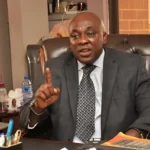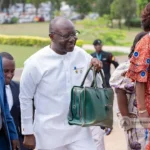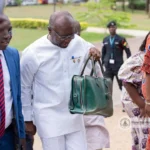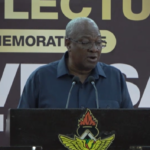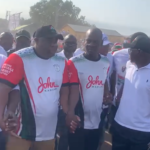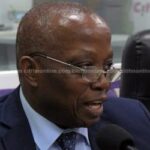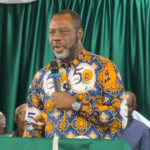The Australian Republican Movement (ARM) has launched a campaign branding King Charles’ upcoming visit to the country as the “farewell tour” of the British monarchy.
The tongue-in-check push – which includes a merchandise collection – aims to depict the royal family as ageing rock stars and spark debate about the role of the Crown in modern Australia.
The royal tour, from 18 to 26 October, marks the first visit from a monarch down under in more than a decade and will be King Charles longest trip since his cancer diagnosis.
It also comes a year after Australia’s unsuccessful Voice to Parliament vote, which many say has stalled momentum for another referendum.
The nation has already voted against becoming a republic once, in 1999, however public support for the constitutional change has grown since then.
Using satirical posters, t-shirts, beer coasters and other paraphernalia showing the King, Queen and Prince of Wales, ARM’s campaign is urging Australians “young and old” to “wave goodbye to royal reign”.
“We expect a full-time, fully committed head of state whose only allegiance is to us – a unifying symbol at home and abroad,” the movement’s Co-Chair Esther Anatolitis said in a statement on Monday.
“It’s time for Australia to say ‘thanks, but we’ve got it from here’,” she added.
The organisation cited research it commissioned suggesting 92% of Australians are either “supporters of a republic” or “open to it”, as well as a finding that at least 40% of people surveyed didn’t know the country’s head of state was a foreign monarch.
Independent polling paints a different picture though, with one survey suggesting that roughly 35% of people want to remain a constitutional monarchy.
Australia’s Prime Minister is a long-term republican but his government put any plans to hold a vote on breaking away from the British monarchy on ice earlier this year, saying it was no longer a priority issue.
Over the weekend, King Charles confirmed he had exchanged letters with the ARM ahead of his visit, reiterating the palace’s longstanding policy that it was up to Australians to make decisions about their future.
Constitutional votes in Australia are rare and difficult to pass, requiring a ‘double majority’ – support from more than half of the nation overall, and a majority in at least four of its six states. Only eight of 44 referendums have succeeded and almost all had bipartisan support.
The Voice referendum – which would have recognised First Nations people in the constitution and allowed them to form a body to advise the parliament – was overwhelmingly rejected after a bruising debate.





